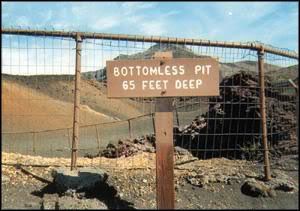I noted in my post on 5 February 2010 that an interest rate rise was likely to 4.5% this year according to press reports at the time. Today the Governor of the Reserve Bank, Glenn Stevens announced a rise in interest rates to 4% from 3.75%. The RBA press release can be found here.
From Governor Glenn Stevens' statement today,
From Governor Glenn Stevens' statement today,
With the risk of serious economic contraction in Australia having passed, the Board moved late last year to lessen the degree of monetary stimulus that had been put in place when the outlook appeared to be much weaker. Lenders generally raised rates a little more than the cash rate and most loan rates rose by close to a percentage point.The rate interest rate rise is effective from 3 March 2010.
Interest rates to most borrowers nonetheless remain lower than average. The Board judges that with growth likely to be close to trend and inflation close to target over the coming year, it is appropriate for interest rates to be closer to average. Today’s decision is a further step in that process.







